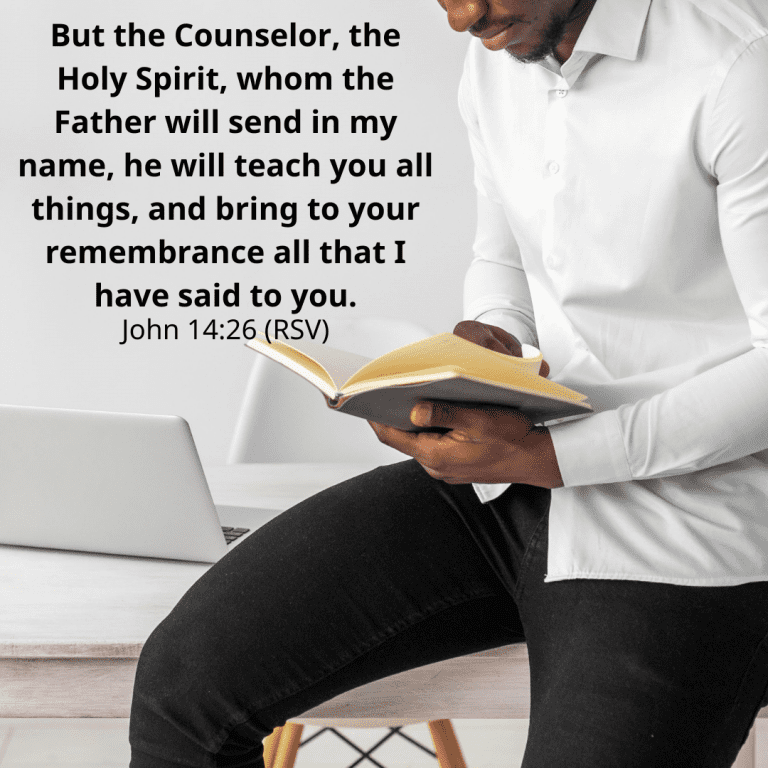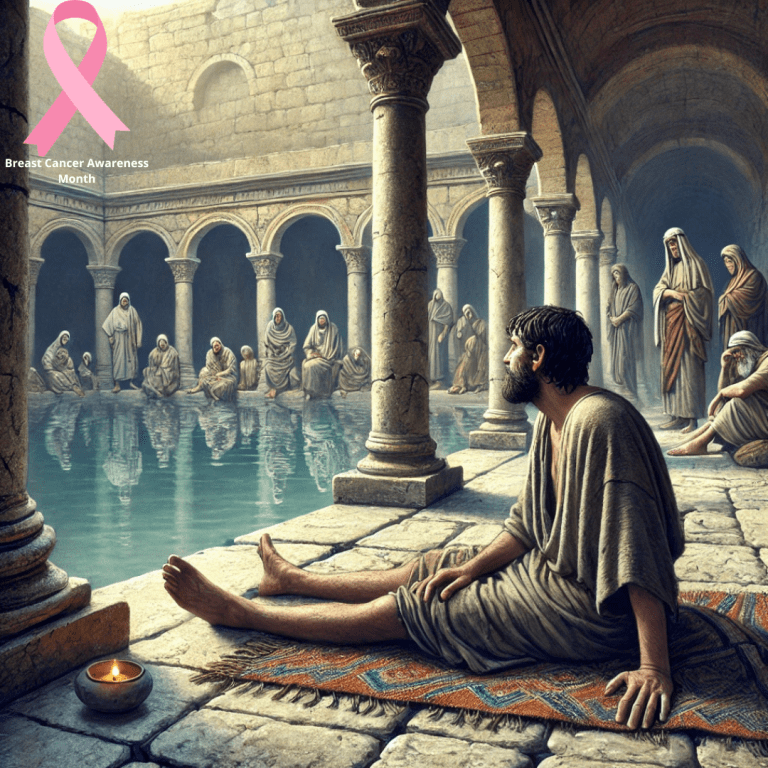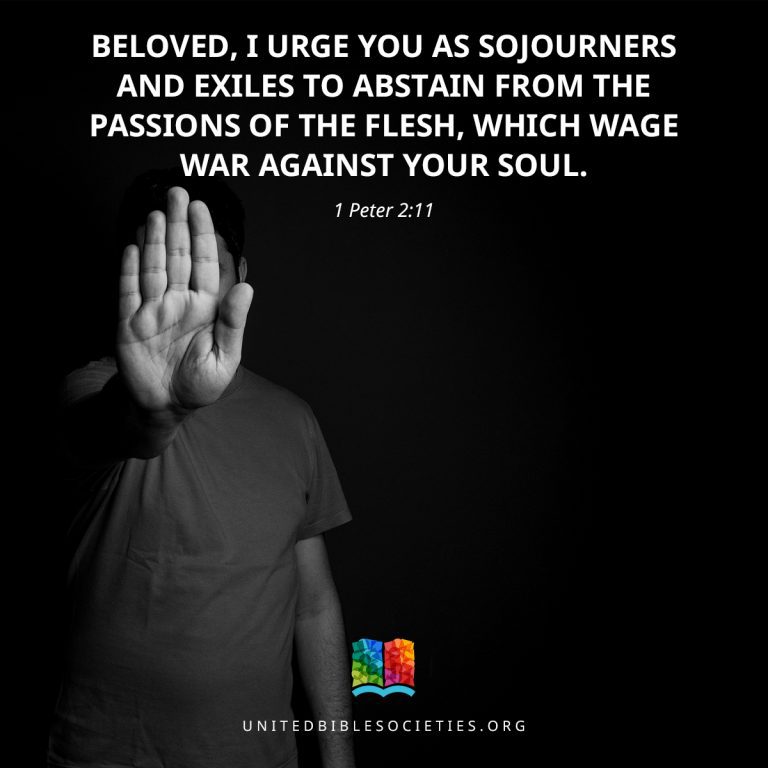aza 1
ŇčeŠłŹi kw…Ēnkw…ĒnŇčw
1 kw…Ēnkw…Ēn eŠĻĮi Ňči…ĹaŇčal Ňčir yilim nanni, na eŠĻĮi Ňči…ĹaŇčal Ňčir yilim nanni nani gwu Allah, ner eni Allah. 2 na Ňčundu-Ňča Allah yi ner or…Ē linani duŇčw kw…Ēnkw…Ēn. 3 nuŇčw or…Ē kwuruwa kw…Ēmne tatap, na kw…Ēmne ere kwere kwuruŠłŹelu o…Ĺeny mac, kwiira ŇčunduŇčwu-na. 4 eŠĻĮi kw…Ēmne tatap kwuruŠłŹelu miiŠłŹi ŇčimiiŠłŹa Ňči ŇčuŇčun, na ŇčimiiŠłŹa Ňču or…Ē fori kweŠłŹi lizigwunaŇč. 5 eŠĻĮi fori ŠĻĮiŇčana lu kirim-na, na eŠĻĮi kirim ere rii too.
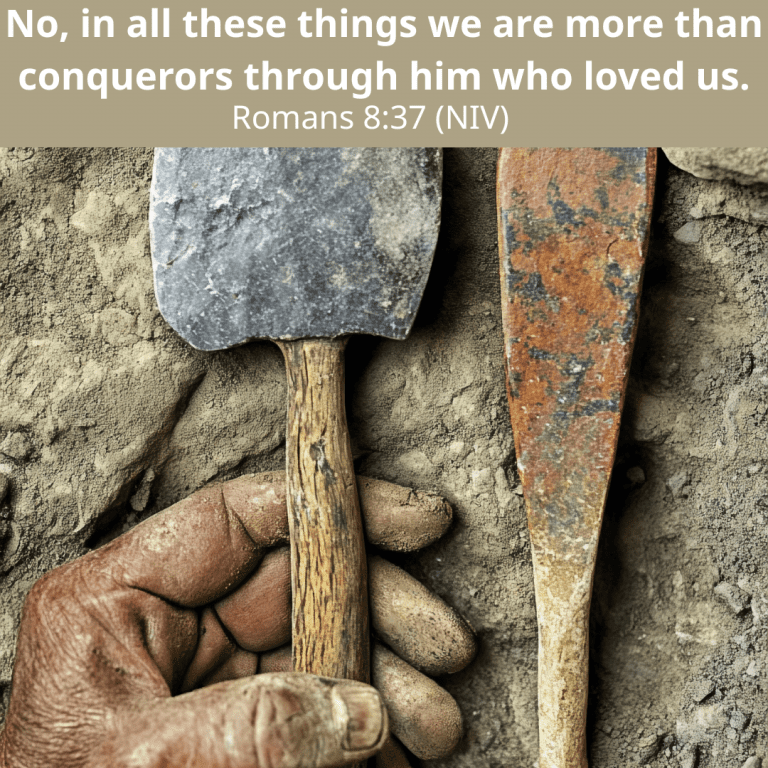
6 na kwor kwete ruwene lu kwuza Allah, kweni yuhanna. 7 kwunderŠĻĮa kwumila eŠłŹi Ňči unŠłŹi ki, eŠłŹi zi Ňči unŠłŹizi ki Ňčeni fori, mindaŇč eŇčgir ma or…Ē tatap leŠłŹi ŠĻĮ…ômna Ňčundu Ňčgi. 8 kwiti kwiri Ňčundu fori Ňčgwu mac, lakin nuŇčw ila eŠłŹi zi Ňči unŠłŹizi ki Ňčeni fori. 9 fori kwir rerem, kweŠĻĮizu…Ĺi lizi ndendeŠĻĮ, Ňčgwa kwinŠłŹi ki ŠĻĮurmun-na ki lomur ŠĻĮa kla. 10 kweŠĻĮinanni ki ŠĻĮurmun-na, lakin na ŠĻĮurmun, ŠĻĮiketine Ňčundu Ňčgi, ŠĻĮime ŇčunduŇčwu. 11 nuŇčw ila ki du…ônu kwuŇčwun, na leni luŇčwun ner ta ere enji kilo…Ĺu-na mac. 12 lakin kla tatap limenji ŇčunduŇčwu kilo…Ĺu-na eŠłŹ inyizi ŇčunduŇčwu nana, linderŠĻĮa lim…ĒŇčw zi inŠłŹeŠłŹa zulŠĻĮa eŠłŹor…Ē nyor nyeŠłŹi Allah, 13 nyeŠłŹi ŠĻĮa ŇčelŇče Ňčiti Ňčir ŇčeŠłŹi Ňčin mac, Ňčiti Ňčir ŇčeŠłŹi zurum kweŠłŹi aŇčna mac, Ňčiti Ňčir ŇčeŠłŹi ŠĻĮugwor ŠĻĮeŠłŹi kwor kwere mac, lakin ŇčeŠłŹi Allah ŠĻĮu…Ĺuk.
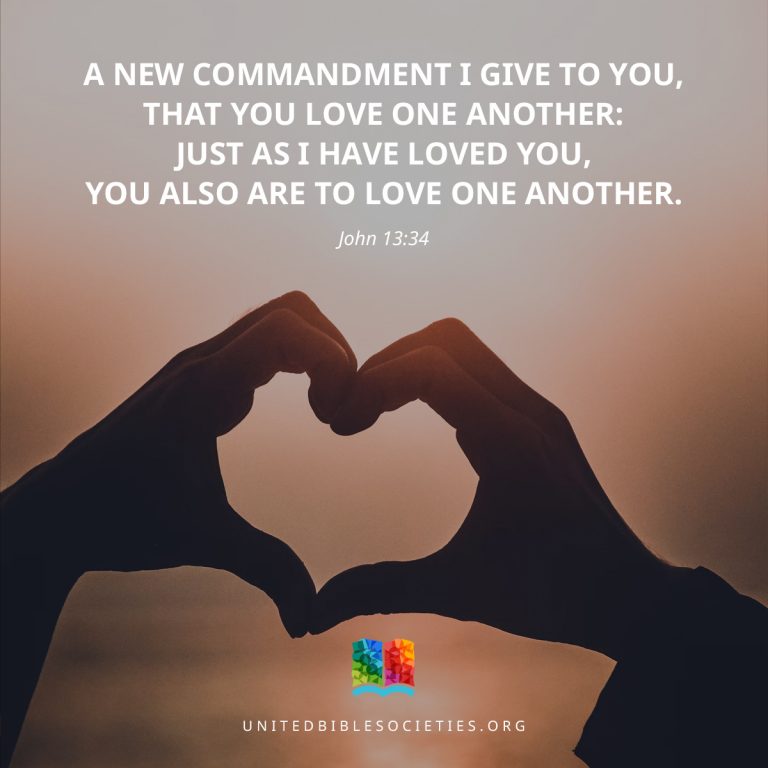
14 na Ňči…ĹaŇčal ruwene lu Ňčir aŇčna, nuŇčw ila eŠłŹi nanni deŇčgeri-na, ner ecice, nyiŇča, ŇčiniŠĻĮi ŇčuŇčun, Ňčir kaka ŇčiniŠĻĮ ŇčeŠłŹi Tor tutuput tinŠłŹi nani gwu Papa, teŠłŹi ŠĻĮimeca-na ŠĻĮeŠłŹi Ňčim…Ĺi Ňčir minmin, na Ňčirlalu Ňčir minmin t…Ēk. 15 eŠĻĮi Ňči yuhanna unŠłŹi ki Ňčeni Ňčundu, nuŇčw ofna, nuŇčw aru Ňčwu: kwunderŠĻĮa kwari nyi gi Ňčwu, Ňčgwu kwinŠłŹi kwukwaŠłŹaŠłŹinyi, kwunderŠĻĮa kwuŠĻĮemŠłŹinyi la, kaka nannuŇčw gwu kwizatuk, iti ilŇčiiŠłŹir nyi gwu kinna mac. 16 na ŇčeŠłŹi ŠĻĮimeca ŠĻĮuŇčwun ŠĻĮeŠłŹi Ňčim…Ĺi Ňčir minmin, timer afi nyiŇča tatap, kŠłŹa ŠĻĮeŠĻĮikindeŠłŹi d…Ēk d…Ēk. 17 kaka mer zi gwu inŠłŹeŠłŹa kuruu muuza Ňčgi, lakin na ŠĻĮimeca ŠĻĮeŠłŹi Ňčim…Ĺi ruweŠłŹe lu Ňčirlalu Ňči, Yecu Ňčgi kweni Kwruztu. 18 kwizi kwende kwere kwiza Allah lamin lere eŠłŹelŇčece ŇčunduŇčwu. lakin, na Tor teŠłŹi Allah tutuput tukwazuŇčw lu, teŠĻĮinanni PapaŇčw ki ŠĻĮugwor, tinderŠĻĮa tim…Ē ruwezi ŇčunduŇčwu lu.
ŠĻĮunŠłŹiza ki teŠłŹi yuhanna kweni baptizt Ňčeni Yecu
19 ŇčinderŠĻĮa Ňčir ŠĻĮunŠłŹiza ki ŠĻĮeŠłŹi yuhanna, ma gwu yahuuŠłŹ yeŠłŹi urzaliimŇčw uza yiziiza lizi li lir laawi nanuŇčw gwu eŠłŹuŠĻĮizelu, eŠłŹeca Ňčwu: Ňča, a kwiri ŠĻĮaŇč? 20 nuŇčw andazi, nuŇčw ere nyindini mac, nuŇčw zi eca Ňčwu: nyi kwiti kwiri Kwruztu mac. 21 ner uŠĻĮizelu kwokwony: ta na ma or…Ē pa aŠłŹa? a kweni iliiya? nuŇčw aru Ňčwu: nyiti kwiri t…Ēk mac. a kwiri kwi…Ĺi a? nuŇčw zi eŇčnici, nuŇčw zi eca Ňčwu: beri. 22 ner eca: na ma eni piza eya? mindaŇč enyi Ňči ma a…Ĺi Ňčete, enyji andaci kla luzanyji. ta na ma ari ŠłŹa pa ki r…Ēgw…Ĺ…Ē r…ĒŇčwa? 23 nuŇčw zi eca Ňčwu:
nyi kwiri ŠĻĮ…Ēgw…Ĺ…Ē ŠĻĮeŠłŹi kwete kwari kwuŠłŹer-na Ňčwu:
rillizer Kwelenyi ŠĻĮay lu,
kaka andiza gwu kwi…Ĺi kweni izaya. 24 na l…Ēkw…Ē lir lifarzi limerzuza, 25 ner uŠĻĮizelu, ner eca Ňčwu: na a kw…ĒŠłŹ…Ē kweti baptazi pa, iti ur Ňča gwu Kwruztu mac, ya iliiya, ya kwi…Ĺi t…Ēk mac? 26 nezi yuhanna eŇčnici, nuŇčw zi eca Ňčwu: nyi kweti baptazi Ňčaw Ňči. kwete kwirilli daŇčgal-na, kwiti kwilŇčiiŠłŹi Ňča mac, 27 Ňčgwu kwukwaŠłŹaŠłŹinyi. nyi kwende kwofŠłŹana edi kedici ŇčunduŇčwu nyamin nyeŠłŹi yiŠłŹwan. 28 na kwomne Ňčgwu errini beyŠĻĮanya, urdunŇčw ŠĻĮo…Ĺu ŠĻĮi la, weŠĻĮi gwu yuhanna baptazi.
29 ma Ňčurpu Ňčgwa or…Ē, nuŇčw eze YecuŇčw kwilaŠłŹa nana, nuŇčw ari: izarŠĻĮi, ŠĻģirany teŠłŹi Allah ca kra la, tidimica ŠĻĮurmuna ŇčikyaŇči kiŠĻĮay. 30 kwunderŠĻĮa kwari nyi gi Ňčwu: Ňčgwu kwukwaŠłŹaŠłŹinyi kwete kwuŠĻĮemŠłŹinyi la, kaka nannuŇčw gwu kwizatuk, iti ilŇčiiŠłŹir nyi gwu kinna mac. 31 nenyi ta, nenyi ere elŇčece ŇčunduŇčwu mac, lakin ne nyi ta ila eŠłŹi baptazi Ňčaw Ňči, eŠłŹi zi ruwenizi izrayiila lu Ňčeni Ňčundu. 32 na yuhanna unŠłŹi ki, nuŇčw aru Ňčwa: nyi kwumeze ŠĻģig…Ĺima ŠĻĮidapŠłŹalu kilerena kaka kwurru, nuŇčw gwu omi-na. 33 nenyi ere elŇčece ŇčunduŇčwu mac, lakin Ňčgwa kwuzanyi eŠłŹi baptazi Ňčaw Ňči eca nyuŇčwu Ňčwu: Ňčgwa kweze kwo…ĹaŠłŹi gwu ŠĻģig…Ĺim la, muŇčw omi ŇčunduŇčwu-na, kwunderŠĻĮa kweŠĻĮibaptazi ŠĻģig…Ĺim ŠĻĮi tirlinelu ter. 34 kwumenyi eze, nenyi Ňči ma unŠłŹi ki, nenyi ari: Tor teŠłŹi Allah tiri.
limeŠłŹgen leŠłŹi yuhanna-Ňča Yecu Ňčali
35 na kwokwony, ma Ňčurpu Ňčgwa or…Ē, na yuhanna-Ňča rilli limeŠłŹgen li nden, 36 nuŇčw ece YecuŇčw kwillalu, nuŇčw aru Ňčwu: izarŠĻĮi, ŠĻģirany teŠłŹi Allah. 37 na limeŠłŹgen luŇčwun nden niŇčnaci, andizaŇčw, ner kwaŠłŹiŠłŹa YecuŇčw. 38 na Yecu orlalu, na muŇčw zi eze likwaŠłŹaŠłŹi ŇčunduŇčwu, nuŇčw zi eca Ňčwu: aŠłŹa kwiri kwunaŇčnaŇča? ner eca Ňčwu: rabbi, (Ňčeni Ňčwu, muallim,) a kwunani kinna ŠĻĮaka? 39 nuŇčw zi eca Ňčwu: ilar mba, ta ma eze. Ňčwu ŠĻĮaŇčwu, ner ele, ner eze ezir wunanuŇčw gwu, ner li nani ki lamin ŠĻĮa kla. na zaa or…Ē kezni kaka kwa…ĹŇčan kirakalu. 40 andaraawuz, kwirir zimaan buŠĻĮruz gi ŇčiaŇčga, kwir kwete kweŠłŹi kla lir nden lim…ĒniŇčnaci yuhannaŇčw, ner kwaŠłŹiŠłŹa YecuŇčw. 41 nuŇčw inŠłŹa eŇčgen kweni zimaan kerreny, nuŇčw eca Ňčwu: nyiŇča lim…Ē ma inŠłŹa maziyyaŇčw, (Ňčeni Kwruztu). 42 nuŇčw mulŠłŹaŠłŹa YecuŇčw nana. na Yecu ece t…Ēkt…Ēk, nuŇčw eca Ňčwu: a kweni zimaan, tor teŠłŹi yuuna; la Ňča eca, zafa, (Ňčeni buŠĻĮruz).
43 ma Ňčurpu Ňčgwa or…Ē, na Yecu naŇčni eŠłŹele jaliil, nuŇčw inŠłŹa fiilibbuzŇčw, nuŇčw eca Ňčwu: kwaŠłŹiŠłŹanyi. 44 na fiilibbuz or…Ē kweŠłŹi beyŠĻĮzayŠłŹaŇčw, kwir balaŠłŹ kweŠłŹi andaraawuz-Ňča buŠĻĮruz gi. 45 na fiilibbuz inŠłŹa naŠĻĮanayiilŇčw, nuŇčw eca Ňčwu: kwumenyi inŠłŹa Ňčgwa kwari gi muuza kuruu-na, na ŇčuluŠłŹizi li…Ĺi t…Ēk, Yecu kweŠłŹi nazraŇčw, kwir tor teŠłŹi yuzif-Ňča. 46 na naŠĻĮanayiil eca gwu: na kw…Ē pa, Ňčgwa manja kwere kwizaw kweŇčgi ruda nazra-na? na fiilibbuz eca Ňčwu: ilamba, eze. 47 na Yecu eze naŠĻĮanayiilŇčw kwilaŠłŹi nana, nuŇčw gi aru Ňčwu: izarti, kwizrayiil kwir Ňčgwu rerem, kwiti kwedi tejmeti-na tere mac. 48 na naŠĻĮanayiil andaci YecuŇčw, nuŇčw eca Ňčwu: a kwilŇčiicanyi aŇčgwuru? na Yecu eŇčnici, nuŇčw eca Ňčwu: kinaŇčw, iti ornutiŇča fiilibbuz kinna mac, nani Ňča kwoŠłŹa kuŠĻĮu, na Ňča ta eze. 49 na naŠĻĮanayiil eŇčnici, nuŇčw eca Ňčwu: rabbi, a kwiri Tor teŠłŹi Allah, a kwiri Kweleny kweŠłŹi izrayiil. 50 na Yecu eŇčnici, nuŇčw eca Ňčwu, kaka andicaŇča gwu, ecaŇča gwu Ňčwu: nyi kwizaŇča kwoŠłŹa kuŠĻĮu, ta eŠłŹi ŠĻĮ…ômna? a kweze Ňčilima ŇčiŠĻĮemŠłŹizila Ňču. 51 nuŇčw eca Ňčwu: nyi kwecaŇčazi ma Ňčwa rerem, a leze lerya lidiŇčelna kworo, na limaleyka leŠłŹi Allah lanŠłŹaŠłŹi la, lundaŠłŹa lu, ki Tor la teŠłŹi kwizigwunaŇč.
The Word of Life
1 In the beginning was the one
who is called the Word.
The Word was with God
and was truly God.
2 From the very beginning
the Word was with God.
3 And with this Word,
God created all things.
Nothing was made
without the Word.
Everything that was created
4 received its life from him,
and his life gave light
to everyone.
5 The light keeps shining
in the dark,
and darkness has never
put it out.
6 God sent a man named John,
7 who came to tell
about the light
and to lead all people
to have faith.
8 John wasn't this light.
He came only to tell
about the light.
9 The true light that shines
on everyone
was coming into the world.
10 The Word was in the world,
but no one knew him,
though God had made the world
with his Word.
11 He came into his own world,
but his own nation
did not welcome him.
12 Yet some people accepted him
and put their faith in him.
So he gave them the right
to be the children of God.
13 They were not God's children
by nature or because
of any human desires.
God himself was the one
who made them his children.
14 The Word became
a human being
and lived here with us.
We saw his true glory,
the glory of the only Son
of the Father.
From him the complete gifts
of undeserved grace and truth
have come down to us.
15 John spoke about him and shouted, ‚ÄúThis is the one I told you would come! He is greater than I am, because he was alive before I was born.‚ÄĚ
16 Because of all that the Son is, we have been given one blessing after another. 17 The Law was given by Moses, but Jesus Christ brought us undeserved kindness and truth. 18 No one has ever seen God. The only Son, who is truly God and is closest to the Father, has shown us what God is like.
John the Baptist Tells about Jesus
(Matthew 3.1-12Mark 1.1-8Luke 3.15-17)19-20 The religious authorities in Jerusalem sent priests and temple helpers to ask John who he was. He told them plainly, ‚ÄúI am not the Messiah.‚ÄĚ 21 Then when they asked him if he were Elijah, he said, ‚ÄúNo, I am not!‚ÄĚ And when they asked if he were the Prophet, he also said ‚ÄúNo!‚ÄĚ
22 Finally, they said, ‚ÄúWho are you then? We have to give an answer to the ones who sent us. Tell us who you are!‚ÄĚ
23 John answered in the words of the prophet Isaiah, ‚ÄúI am only someone shouting in the desert, ‚ÄėGet the road ready for the Lord!‚Äô ‚ÄĚ
24 Some Pharisees had also been sent to John. 25 They asked him, ‚ÄúWhy are you baptizing people, if you are not the Messiah or Elijah or the Prophet?‚ÄĚ
26 John told them, ‚ÄúI use water to baptize people. But here with you is someone you don't know. 27 Even though I came first, I am not good enough to untie his sandals.‚ÄĚ 28 John said this as he was baptizing east of the Jordan River in Bethany.
The Lamb of God
29 The next day, John saw Jesus coming toward him and said:
Here is the Lamb of God who takes away the sin of the world! 30 He is the one I told you about when I said, ‚ÄúSomeone else will come, who is greater than I am, because he was alive before I was born.‚ÄĚ 31 I didn't know who he was. But I came to baptize you with water, so that everyone in Israel would see him.
32 I was there and saw the Spirit come down on him like a dove from heaven. And the Spirit stayed on him. 33 Before this I didn't know who he was. But the one who sent me to baptize with water had told me, ‚ÄúYou will see the Spirit come down and stay on someone. Then you will know that he is the one who will baptize with the Holy Spirit.‚ÄĚ 34 I saw this happen, and I tell you that he is the Son of God.
The First Disciples of Jesus
35 The next day, John was there again, and two of his followers were with him. 36 When he saw Jesus walking by, he said, ‚ÄúHere is the Lamb of God!‚ÄĚ 37 John's two followers heard him, and they went with Jesus.
38 When Jesus turned and saw them, he asked, ‚ÄúWhat do you want?‚ÄĚ
They answered, ‚ÄúRabbi, where do you live?‚ÄĚ The Hebrew word ‚ÄúRabbi‚ÄĚ means ‚ÄúTeacher.‚ÄĚ
39 Jesus replied, ‚ÄúCome and see!‚ÄĚ It was already about four o'clock in the afternoon when they went with him and saw where he lived. So they stayed on for the rest of the day.
40 One of the two men who had heard John and had gone with Jesus was Andrew, the brother of Simon Peter. 41 The first thing Andrew did was to find his brother and tell him, ‚ÄúWe have found the Messiah!‚ÄĚ The Hebrew word ‚ÄúMessiah‚ÄĚ means the same as the Greek word ‚ÄúChrist.‚ÄĚ
42 Andrew brought his brother to Jesus. And when Jesus saw him, he said, ‚ÄúSimon son of John, you will be called Cephas.‚ÄĚ This name can be translated as ‚ÄúPeter.‚ÄĚ
Jesus Chooses Philip and Nathanael
43-44 The next day Jesus decided to go to Galilee. There he met Philip, who was from Bethsaida, the hometown of Andrew and Peter. Jesus said to Philip, ‚ÄúFollow me.‚ÄĚ
45 Philip then found Nathanael and said, ‚ÄúWe have found the one that Moses and the Prophets wrote about. He is Jesus, the son of Joseph from Nazareth.‚ÄĚ
46 Nathanael asked, ‚ÄúCan anything good come from Nazareth?‚ÄĚ
Philip answered, ‚ÄúCome and see.‚ÄĚ
47 When Jesus saw Nathanael coming toward him, he said, ‚ÄúHere is a true descendant of our ancestor Israel. And he isn't deceitful.‚ÄĚ
48 ‚ÄúHow do you know me?‚ÄĚ Nathanael asked.
Jesus answered, ‚ÄúBefore Philip called you, I saw you under the fig tree.‚ÄĚ
49 Nathanael said, ‚ÄúRabbi, you are the Son of God and the King of Israel!‚ÄĚ
50 Jesus answered, ‚ÄúDid you believe me just because I said that I saw you under the fig tree? You will see something even greater. 51 I tell you for certain you will see heaven open and God's angels going up and coming down on the Son of Man.‚ÄĚ

